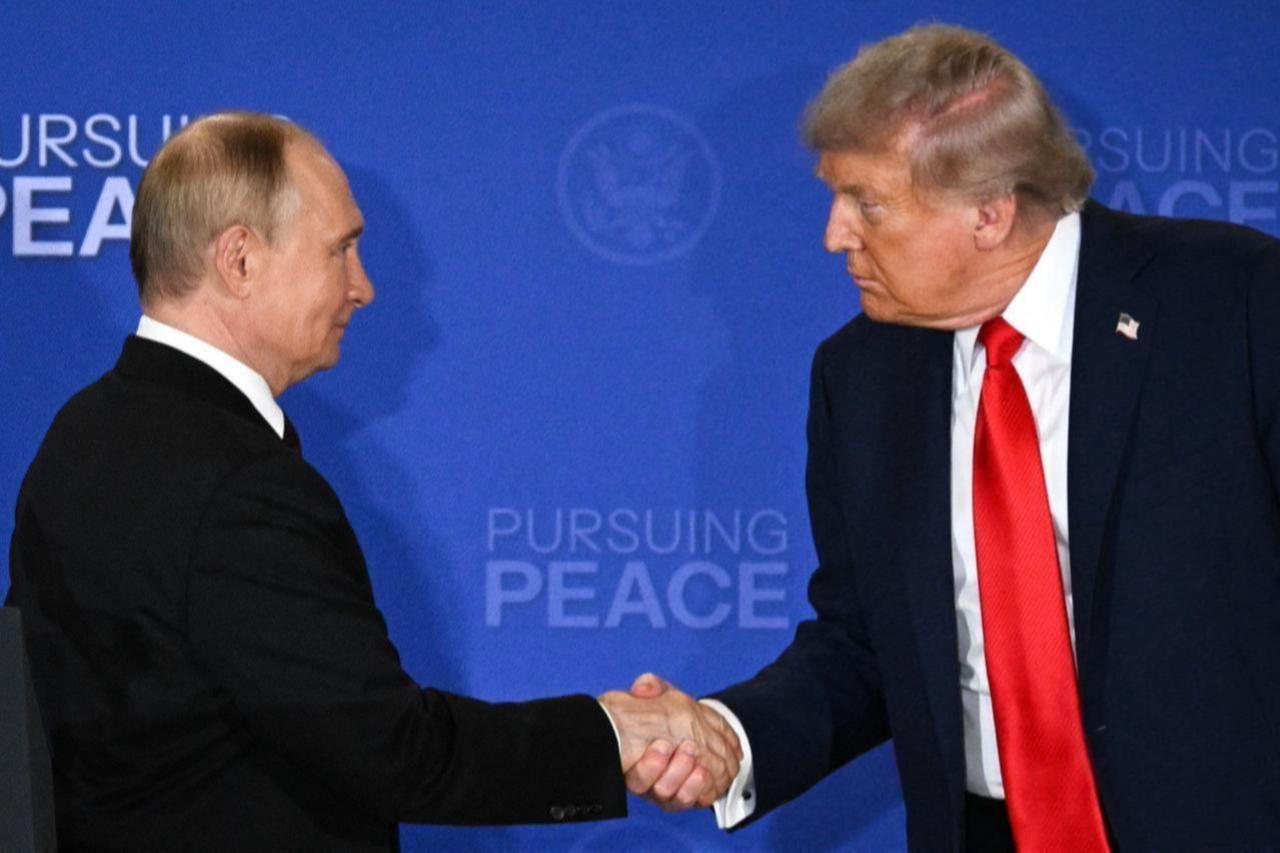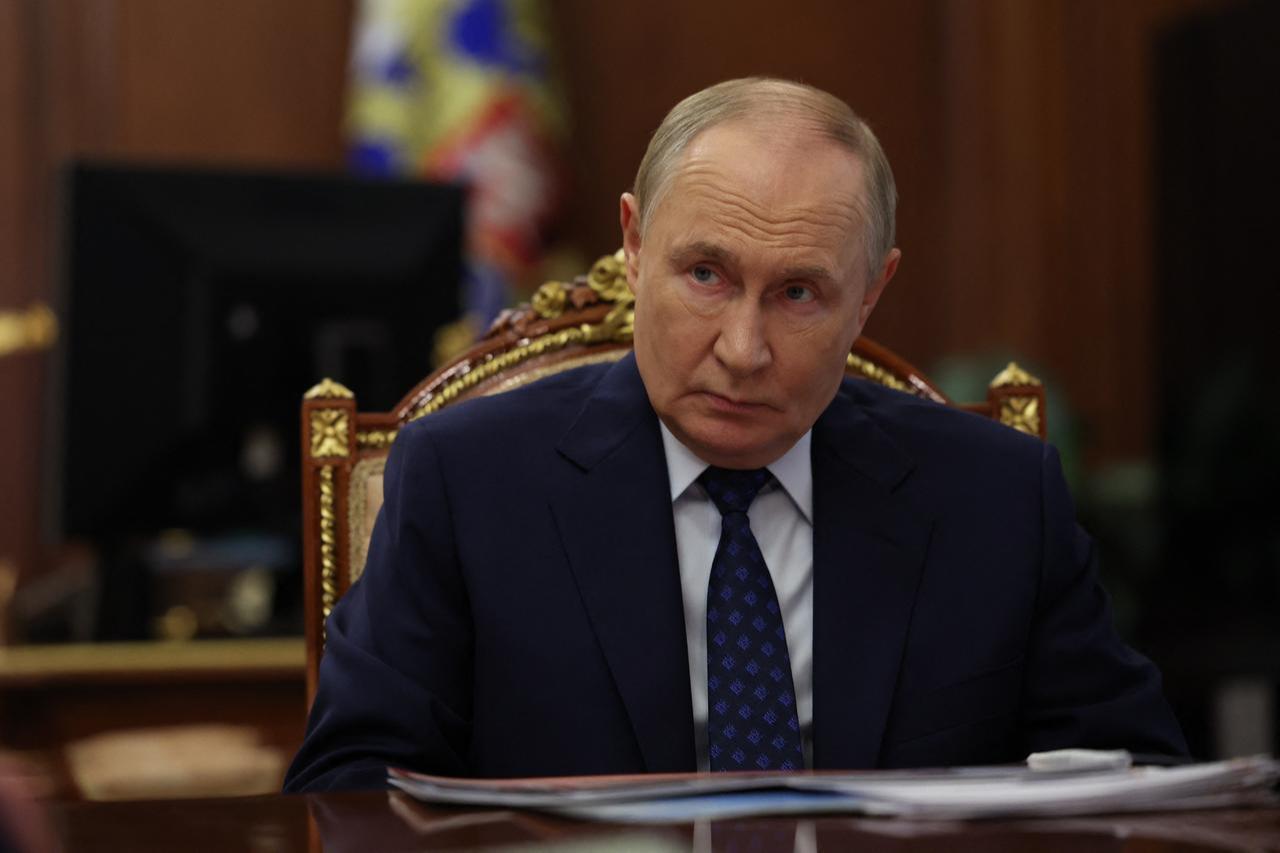
Russia and the United States are moving toward a face-to-face meeting between their leaders in Budapest, possibly within the next two weeks, the Kremlin confirmed Friday.
Kremlin spokesman Dmitry Peskov told reporters that a summit between President Vladimir Putin and President Donald Trump "could indeed take place within two weeks or a little later," adding that both sides agree "there's no need to put anything off."
The announcement follows what both leaders characterized as a productive phone conversation Thursday. Trump said the call was "very productive" and confirmed the meeting could occur in Budapest after high-level delegations meet next week.

Yuri Ushakov, a Kremlin aide, described the phone exchange as "very substantive, yet also extremely frank and confidential." He said the two presidents agreed that representatives from both sides would immediately begin preparing for the summit.
Peskov emphasized that preparations should proceed in stages, with Russian Foreign Minister Sergey Lavrov and U.S. Secretary of State Marco Rubio expected to meet first. "There are many questions - we need to determine the negotiating teams," Peskov said. He declined to comment on whether a Lavrov-Rubio meeting might also take place in Hungary, saying: "They will negotiate and tell you about it themselves."
Hungary's selection as the venue was "made mutually," Peskov said, though logistics for Putin's travel remain unclear. He pointed to Hungary's "unique position" as both a NATO and European Union member state "in terms of its sovereignty and in defending its own interests."
During Thursday's call, Putin made Russia's position on potential long-range Tomahawk cruise missile deliveries to Ukraine by the U.S. "crystal clear," according to Peskov. Putin has previously voiced concern over the U.S. sending Ukraine Tomahawks, arguing that this would "destroy" U.S.-Russian ties and lead to a "completely new, qualitatively new stage of escalation."
Peskov said the conversation was initiated by Moscow following Trump's trip to the Middle East. "And President Putin's first thought was to congratulate Trump on this success," he added.
Peskov declined to comment on whether the two leaders discussed the New START Treaty, the nuclear arms control agreement set to expire in February 2026.